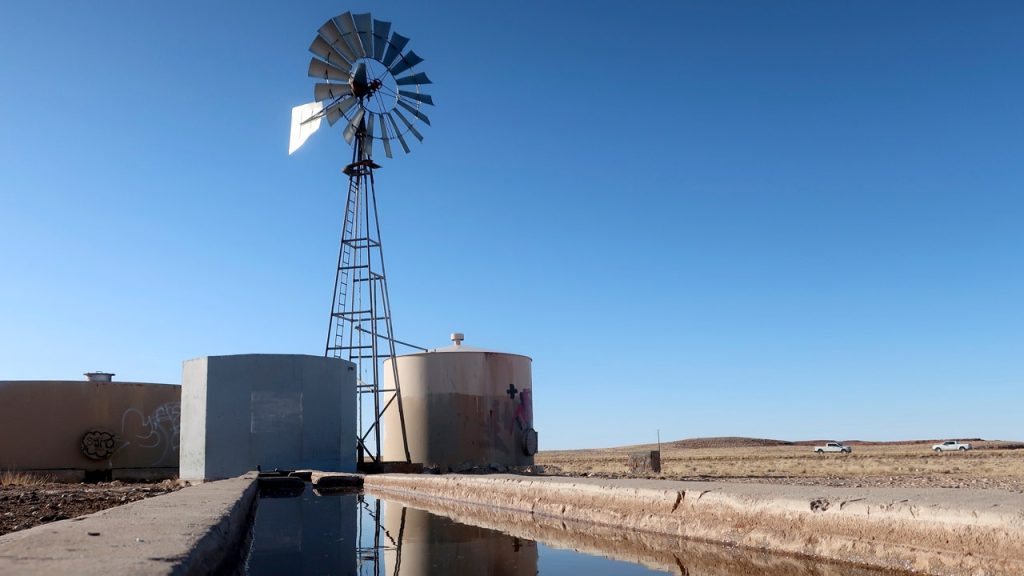The proposed water rights settlement for three Native American tribes, the Navajo, Hopi, and San Juan Southern Paiute, is a significant step towards obtaining crucial water resources that have been historically denied to them. The tribes are seeking access to water from various sources, including the Colorado River, the Little Colorado River, and aquifers on tribal lands. This settlement is particularly important as nearly one-third of homes on the Navajo Nation do not have running water, highlighting the urgent need for a resolution to the water rights issue.
With a price tag exceeding $5 billion, this proposed settlement would be the costliest agreement of its kind enacted by Congress. The funding would go towards various projects, including the construction of a pipeline from Lake Powell to deliver water to remote tribal communities. Additionally, the settlement would provide the tribes with a significant amount of water from the Colorado River’s Upper and Lower Basins, as well as the Little Colorado River. This would not only address the immediate water needs of the tribes but also provide economic opportunities and hope for their people.
The settlement is the result of years of negotiation and advocacy by the tribes, who have been fighting for their water rights through the legal system. Without a settlement, the tribes would be at the mercy of the courts, which may not rule in their favor. By finalizing this agreement, the tribes hope to secure a stable water supply for their communities and ensure their access to this vital resource for future generations.
Arizona, where the tribes are located, has a unique position in the Colorado River basin, receiving water from both the Upper and Lower Basins. The settlement terms would provide certainty in the amount of water available to the state, especially as water supplies are anticipated to diminish in the future. The tribes, including Navajo and Hopi, could play a significant role in this water management system by leasing water within the state and contributing to the overall water supply.
In the past, attempts to settle water rights between the tribes have fallen through, but the current proposal has received widespread support within the tribal communities. Through public education campaigns and community meetings, tribal officials have explained the importance of water rights for their people and their connection to tribal traditions and ceremonies. This settlement would not only address the immediate water needs of the tribes but also pave the way for economic development and improved living conditions for their citizens.
The completion of the water rights settlement is a critical step towards addressing the long-standing disparities in access to water faced by Native American tribes. By securing a stable water supply through this agreement, the tribes can set the stage for future economic opportunities and improved living conditions for their communities. As the settlement moves through the approval process, including votes within the tribal councils and Congress, the tribes are hopeful that they will finally achieve the recognition and access to water resources that have been denied to them for far too long.













